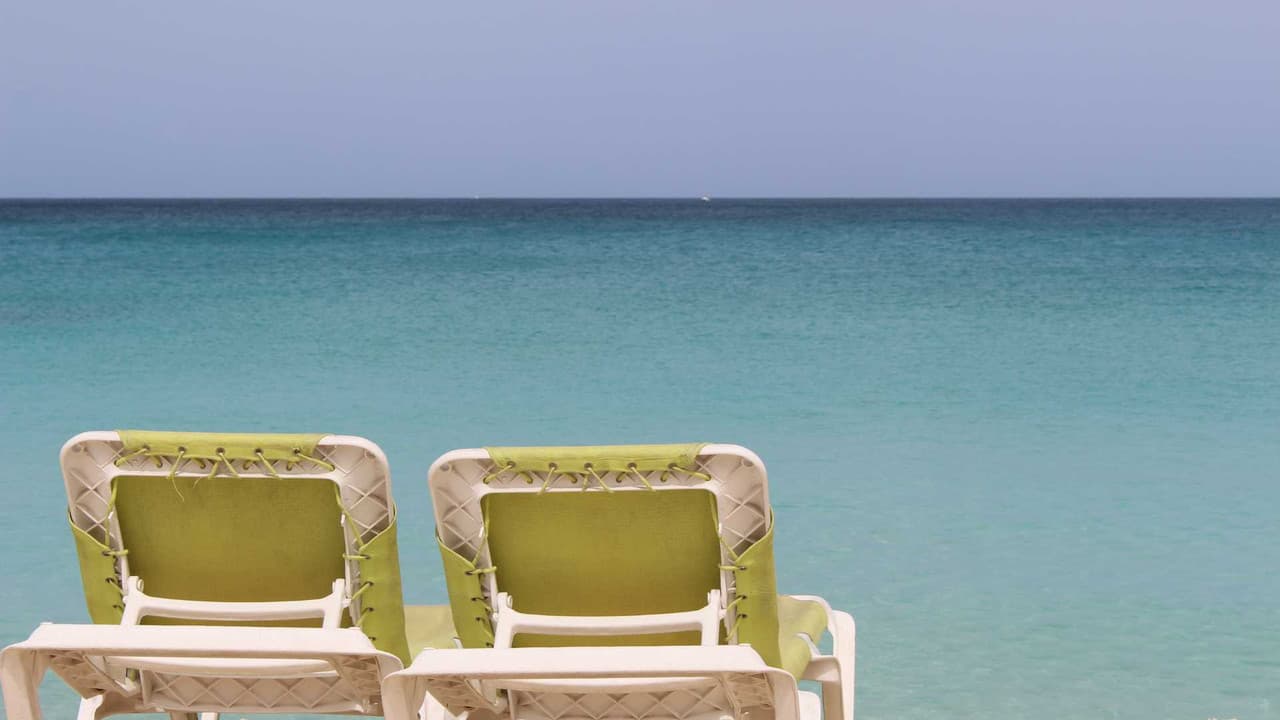Working time regulations in Bonaire, Sint Eustatius, and Saba (collectively known as the BES islands) are designed to protect employee well-being and ensure fair labor practices. These regulations establish clear limits on daily and weekly working hours, mandate rest periods, and define how overtime should be compensated. Employers operating in these special municipalities of the Netherlands must adhere strictly to these rules to maintain compliance and foster a healthy work environment.
Understanding and implementing the correct procedures for working hours, overtime, and rest periods is crucial for businesses. Compliance involves not only adhering to the maximum allowable hours but also ensuring proper compensation for additional work and providing mandatory breaks and rest days. These requirements contribute to preventing employee fatigue and promoting work-life balance across the islands.
Standard Working Hours
The standard working week in Bonaire, Sint Eustatius, and Saba is generally set at 40 hours. This is typically structured as 8 hours per day over five days. While 40 hours is the standard, labor laws permit some flexibility, allowing for variations in daily hours provided the weekly maximum is not exceeded without triggering overtime provisions.
The maximum number of hours an employee may work is regulated to prevent excessive workloads.
| Period | Standard Hours | Maximum Hours (including overtime, subject to rules) |
|---|---|---|
| Per Day | 8 hours | Up to 10 or 11 hours (depending on specific conditions) |
| Per Week | 40 hours | Up to 48 or 60 hours (depending on averaging periods and sector) |
These limits are subject to specific conditions and exceptions outlined in the labor legislation, particularly concerning overtime and certain sectors.
Overtime Regulations
Work performed beyond the standard daily or weekly hours is considered overtime and must be compensated at a higher rate. Overtime is generally calculated based on the employee's regular hourly wage. The specific rates for overtime vary depending on when the overtime hours are worked.
Mandatory minimum overtime rates are typically applied as a percentage increase over the regular hourly wage.
| Time of Overtime Work | Minimum Overtime Rate (as % of regular wage) |
|---|---|
| Weekdays | 150% |
| Saturdays | 150% |
| Sundays | 200% |
| Public Holidays | 200% |
These rates are minimums, and employers may agree to higher rates through employment contracts or collective labor agreements. Overtime work should also adhere to the maximum daily and weekly hour limits, even with increased compensation.
Rest Periods and Breaks
Ensuring adequate rest is a key component of the labor regulations in the BES islands. Employees are entitled to mandatory breaks during their workday and sufficient rest between shifts and workweeks.
Specific requirements for rest periods include:
- Daily Rest: Employees must have a minimum of 11 consecutive hours of rest between working days. This period ensures sufficient recovery time before the next shift begins.
- Weekly Rest: Employees are entitled to a minimum of 36 consecutive hours of rest within every 7-day period. This typically includes a full weekend day.
- Breaks During Workday: For shifts exceeding a certain duration, employees are entitled to a paid or unpaid break. While specific durations can vary, a common requirement is a break of at least 30 minutes for shifts longer than 5.5 or 6 hours.
Adherence to these rest periods is mandatory and crucial for employee health and safety.
Night and Weekend Work
Working during night hours or on weekends often falls under specific regulations, particularly concerning overtime compensation as noted above (higher rates for Sundays). Night work may also have additional considerations regarding employee health and safety, although specific extensive regulations solely for night shifts beyond standard working time rules are less common than in some other jurisdictions.
Work performed on public holidays is also subject to the higher overtime rate (200%), similar to Sunday work. While there aren't extensive separate regulations solely for night or weekend work distinct from the general working time and overtime rules, the compensation structure clearly incentivizes limiting work during these periods or compensating it appropriately.
Working Time Recording
Employers in Bonaire, Sint Eustatius, and Saba have a legal obligation to maintain accurate records of the hours worked by their employees. This is essential for demonstrating compliance with standard working hours, overtime regulations, and rest period entitlements.
Required records typically include:
- Start and end times of each workday.
- Total hours worked per day and per week.
- Overtime hours worked.
- Taken breaks and rest periods.
These records must be kept diligently and made available for inspection by the relevant authorities upon request. Accurate time recording is a fundamental aspect of labor law compliance and helps prevent disputes regarding wages and working conditions.
Employ top talent in Bonaire, Sint Eustatius and Saba through our Employer of Record service
Book a call with our EOR experts to learn more about how we can help you in Bonaire, Sint Eustatius and Saba







Book a call with our EOR experts to learn more about how we can help you in Bonaire, Sint Eustatius and Saba.
Trusted by more than 1000 companies around the globe



